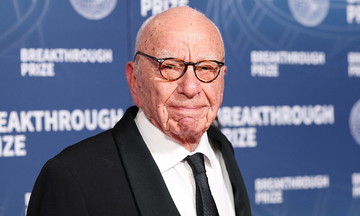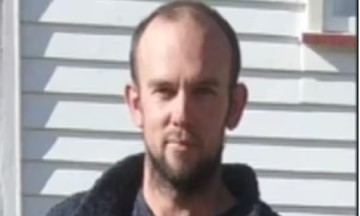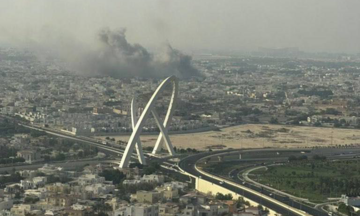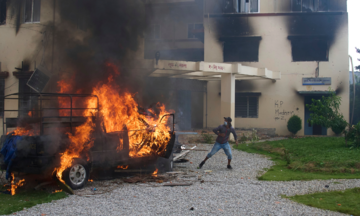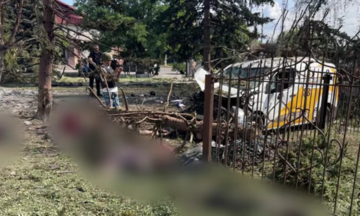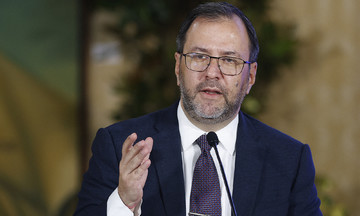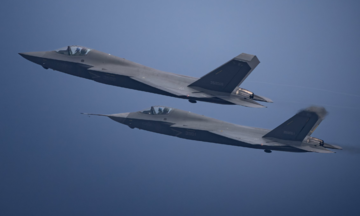Starting at midnight on 4/9, access to dozens of social media platforms and messaging apps, including WhatsApp, Facebook, Instagram, WeChat, YouTube, and LinkedIn, was cut off in Nepal following a government ban.
The ban was implemented after the Nepali government mandated that social media platforms obtain licenses and appoint representatives to handle user complaints. TikTok, Viber, and three other platforms complied, while 26 others did not.
"We asked them to register five times. If they still don't cooperate, what else can we do?", said Gajendra Kumar Thakur, a government spokesperson.
However, Nepali officials seemed to have underestimated the public reaction, as the ban triggered widespread protests, leading to one of the bloodiest days in the nation's history.
The government's decision caused nationwide confusion and raised concerns about its impact on the tourism industry and communication for families with relatives abroad. According to the Nepal Economic Forum, about 7.5% of Nepal's population (approximately 2.2 million people) lived overseas in 2021.
On 8/9, tens of thousands of people, primarily young adults, took to the streets of Kathmandu, Nepal's capital, in a demonstration of anger, now known as the "Gen Z protests."
The young protesters described their demonstration as a stand against the social media ban and government corruption. Carrying signs with messages like "Lift the ban, give us back our voice" and "Say no to corruption, say yes to integrity," they attempted to surround the parliament building, where riot police were deployed.
As the crowd breached barricades and tried to storm the building, riot police initially responded with tear gas and water cannons, but were overwhelmed by the sheer number of protesters. Ultimately, police resorted to using live ammunition, resulting in at least 19 deaths and hundreds of injuries.
The Nepali army was subsequently deployed to restore order and enforce a curfew. Similar protests erupted across the country.
Prime Minister Khadga Prasad Sharma Oli expressed his sorrow over the loss of life. He explained that "today's incident stemmed from a lack of full information about our efforts to regulate social media in accordance with the law and court orders, coupled with some misunderstandings by Gen Z."
The Ministry of Information and Communications stated that the ban was implemented after repeated requests for platforms to comply with new social media regulations were ignored.
This explanation did little to quell public anger. Before the ban took effect, many Nepalis voiced their discontent on social media. Some even posted their home addresses online, suggesting they would soon have to revert to sending letters.
Others switched to Viber and TikTok, two platforms that had complied with the registration requirements. In November 2023, Nepal had banned TikTok, citing "disruption of social harmony." TikTok subsequently registered with the government, and the ban was lifted nine months later.
Oli argued that platform registration was necessary to ensure accountability for misinformation. "The independence of the country is greater than a few individuals losing their jobs. How can we accept actions that disregard the law, violate the constitution, and disrespect national dignity, independence, and sovereignty?", he said.
However, this message failed to resonate with many young Nepalis, for whom social media is a vital communication tool, and many businesses rely on platforms like WhatsApp for operations.
Nayana Prakash, a researcher on technology use in South Asia at Chatham House in London, noted that beyond freedom of expression, these social media tools are tied to economic opportunities and employment for Nepalis, especially the younger generation.
Protest organizers stated that the social media ban was the "final straw," igniting years of frustration among Nepali youth over bleak economic prospects.
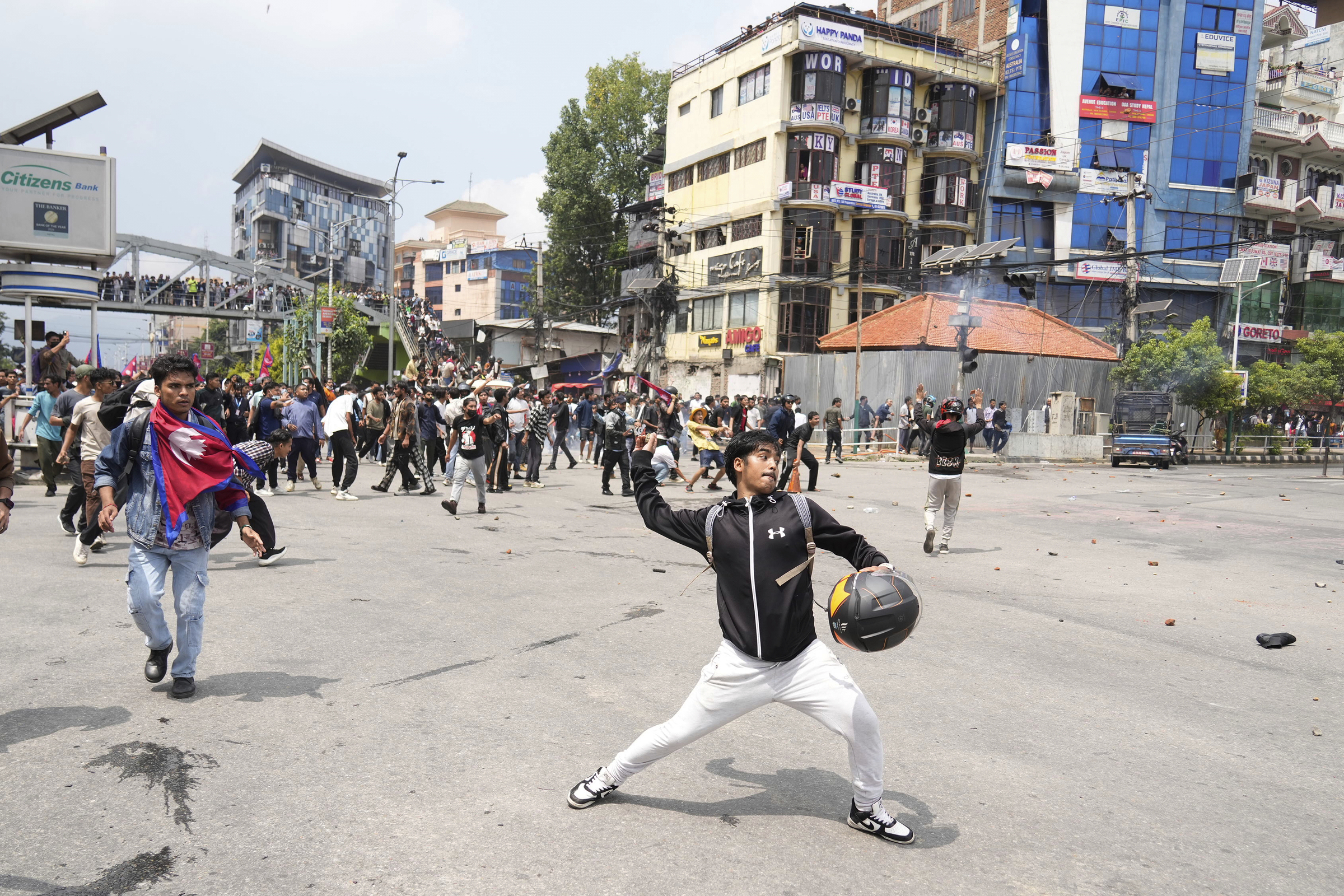 |
Protesters clash with police outside the parliament building in Kathmandu, Nepal, on 8/9. *Photo: AP* |
Nepal, a Himalayan nation of 30 million people, transitioned from a monarchy to a republic in 2008 after a decade-long civil war. Since then, its political landscape has been volatile, with over 10 governments formed, contributing to a stagnant economy.
Nepal relies heavily on tourism, a sector fueled by social media marketing. Consequently, the government's social media ban was seen as a blow to a crucial source of income for many.
The unemployment rate for young people aged 15-24 in Nepal was 20.8% in 2024, according to World Bank data. Meanwhile, an online movement against "Nepo Kids," a term referring to children of politicians flaunting lavish lifestyles, has further fueled resentment over wealth disparity.
This movement targets the offspring of officials who are sent abroad for education and often showcase designer goods and opulent lifestyles online, contrasting sharply with the struggles of young people seeking employment within the country.
"Those rich kids know where their parents' money comes from: our taxes. While we struggle, they enjoy privileges no one else has, and they even flaunt it on social media," one Nepali expressed on Reddit.
Poverty and high unemployment have driven many young Nepalis to enlist in the Russian army to fight in Ukraine. In 2023, Nepal's Ministry of Foreign Affairs asked Russia to stop recruiting its citizens and to repatriate the bodies of soldiers killed in Ukraine.
"While officials' children return with Gucci bags, the children of ordinary people come home in coffins," a young protester remarked, referring to the Nepalis killed in Ukraine.
"All Nepali citizens are fed up with corruption, and every young person wants to go abroad to find work. So, we want to protect our youth and improve the country's economy," another protester told Reuters.
Former Prime Minister Pushpa Kamal Dahal, also known as Prachanda, criticized the social media ban and called for its removal. He urged the government to address the serious issue of corruption to prevent further deterioration of the situation.
Michael Kugelman, a senior associate for South Asia at the Wilson Center, identified the social media ban as the "direct trigger" for the protests, but highlighted the underlying issues of corruption and social inequality. "I think there will be significant pressure on the government to address the demands put forth by the protesters," he said.
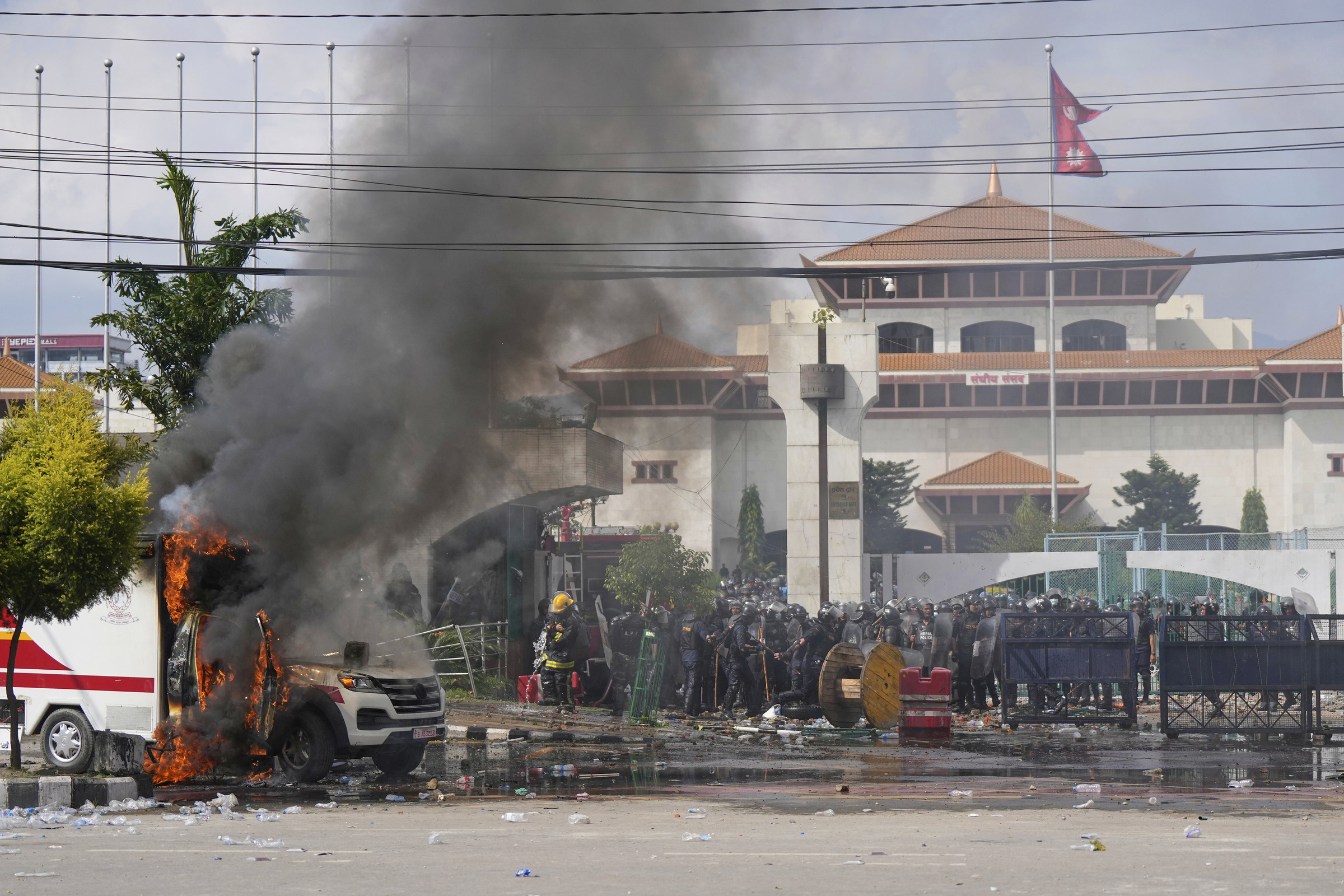 |
A burned vehicle during the violent protests in Kathmandu, Nepal, on 8/9. *Photo: AP* |
Following the day of bloodshed, the Nepali government conceded to the protesters' demands. "In response to the demands of Gen Z, the social media ban will be lifted," announced Minister of Information and Communications Prithvi Subba Gurung today.
But the protests did not end there. On 9/9, crowds stormed the residences of President Ram Chandra Paudel and Prime Minister Oli, setting fires and vandalizing property.
"I have resigned as Prime Minister, effective today, to take further steps towards a political solution and address the issues," Prime Minister Oli subsequently stated in a letter to President Paudel.
Thanh Tam (*Via Washington Post, WSJ, NDTV*)



